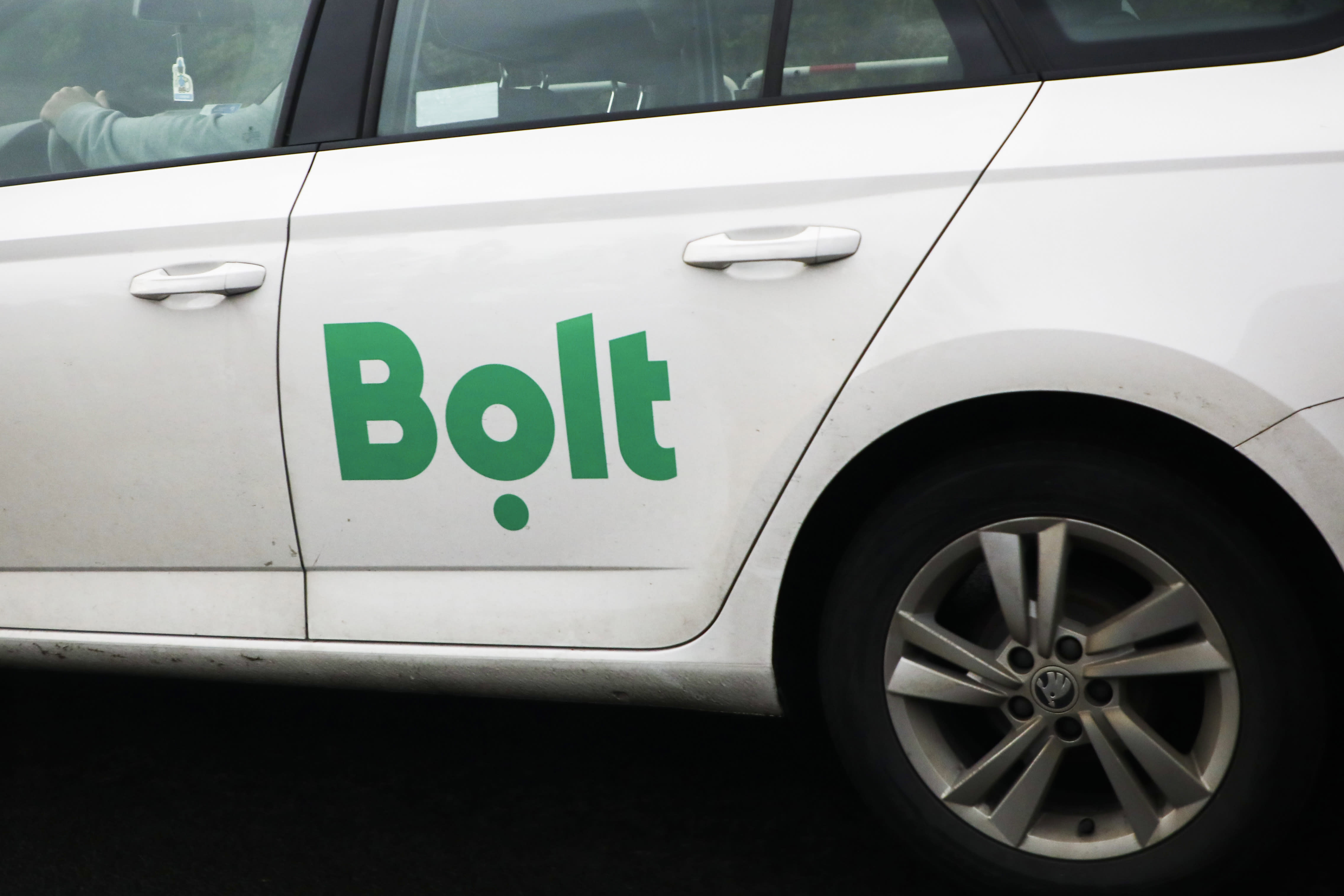A Bolt driver in Krakow, Poland.
Beata Zawrzel | NurPhoto via Getty Images
LONDON — Bolt, a European competitor to ride-hailing giant Uber, said Wednesday it had raised 150 million euros ($182 million) to bolster the safety of its platform through facial recognition and artificial intelligence.
The Estonia-based company declined to disclose its valuation but said it was up from the $1.9 billion it was worth after a 100 million euro convertible note issuance in May.
Bolt’s latest round of funding was led by D1 Capital Partners, the hedge fund run by American billionaire Daniel Sundheim. Darsana Capital Partners, another hedge fund, also invested.
Bolt said it would use the money to enhance its safety features and help it expand its ride-hailing, electric bike and scooter rental and food delivery services. The firm’s app now counts more than 50 million users in over 40 countries across Europe and Africa.
“In 2021, we are doubling down to be the industry leader in safety and quality of the platform,” Markus Villig, Bolt’s CEO, said in a statement.
“We’re planning to launch even more innovative solutions, like driver face verification and automatic trip monitoring, using machine learning to prevent potential incidents and ensure the highest quality service for our customers.”
Ride-hailing services have been heavily hit by the coronavirus pandemic this year, with Uber reporting two straight quarters of declining revenue and cumulative losses of $5.8 billion for the year so far.
Demand for ride-sharing fell off a cliff as consumers were forced indoors due to government lockdown measures. However, Uber has benefited from rising demand for food delivery services.
Bolt, which is backed by German automaker Daimler and Chinese ride-hailer Didi Chuxing, similarly saw its revenues fall as coronavirus restrictions tightened across Europe. In March, the company’s sales plunged 75% compared the previous month.
But Bolt claims it has had a good year thanks to investment in newer product lines such as scooters and food delivery. The company launched a new e-scooter model earlier this month, and has committed to invest 100 million euros to roll out scooters to more markets.
“Despite the effects of the COVID-19 pandemic, Bolt has seen immense growth in the past year,” said Villig. “We have almost doubled our number of customers and launched our services from ride-hailing to micromobility and food delivery in 50 new cities.”
